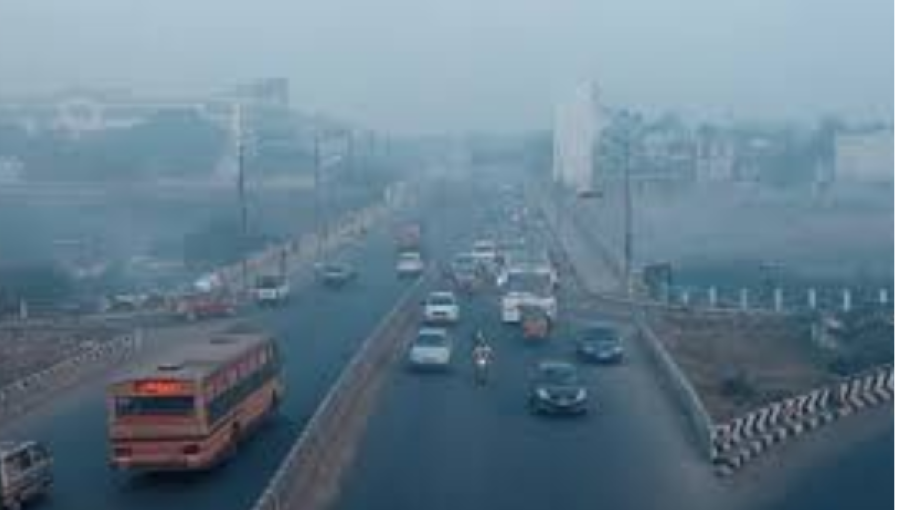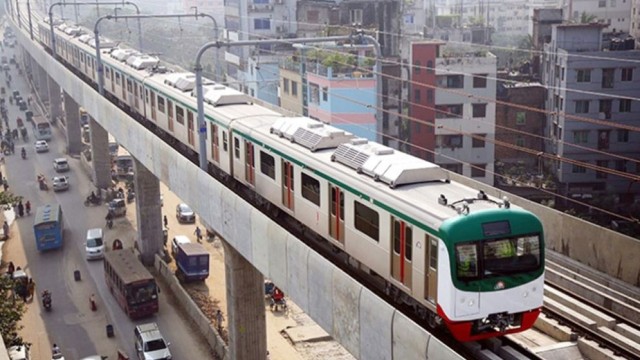Dhaka's air quality deteriorated to the 'unhealthy' category this morning, with an Air Quality Index (AQI) score of 158 recorded at 9:33 am. This placed Dhaka as the sixth city worldwide with the worst air quality. Cities like Delhi in India, Kathmandu in Nepal, and Lahore in Pakistan occupied the top spots on the list, with significantly higher AQI scores.
The AQI scale categorizes air quality based on various levels of pollution. When the AQI value falls between 101 and 150, the air quality is deemed 'unhealthy for sensitive groups'. Between 150 and 200 is labeled as 'unhealthy', while a range of 201 to 300 is classified as 'very unhealthy'. Any reading exceeding 301 is considered 'hazardous', posing severe health risks to residents.
The AQI serves as an indicator of daily air quality, informing people about the cleanliness or pollution levels in their city and the associated health risks. In Bangladesh, the AQI is calculated based on five pollutants: particulate matter (PM10 and PM2.5), NO2, CO, SO2, and ozone.
Dhaka has long struggled with air pollution problems, with air quality typically deteriorating during winter and improving during the monsoon season. The World Health Organization (WHO) highlights the severe consequences of air pollution, estimating that it causes approximately seven million deaths worldwide each year. The mortality is primarily attributed to increased risks of stroke, heart disease, chronic obstructive pulmonary disease, lung cancer, and acute respiratory infections.































Comment: